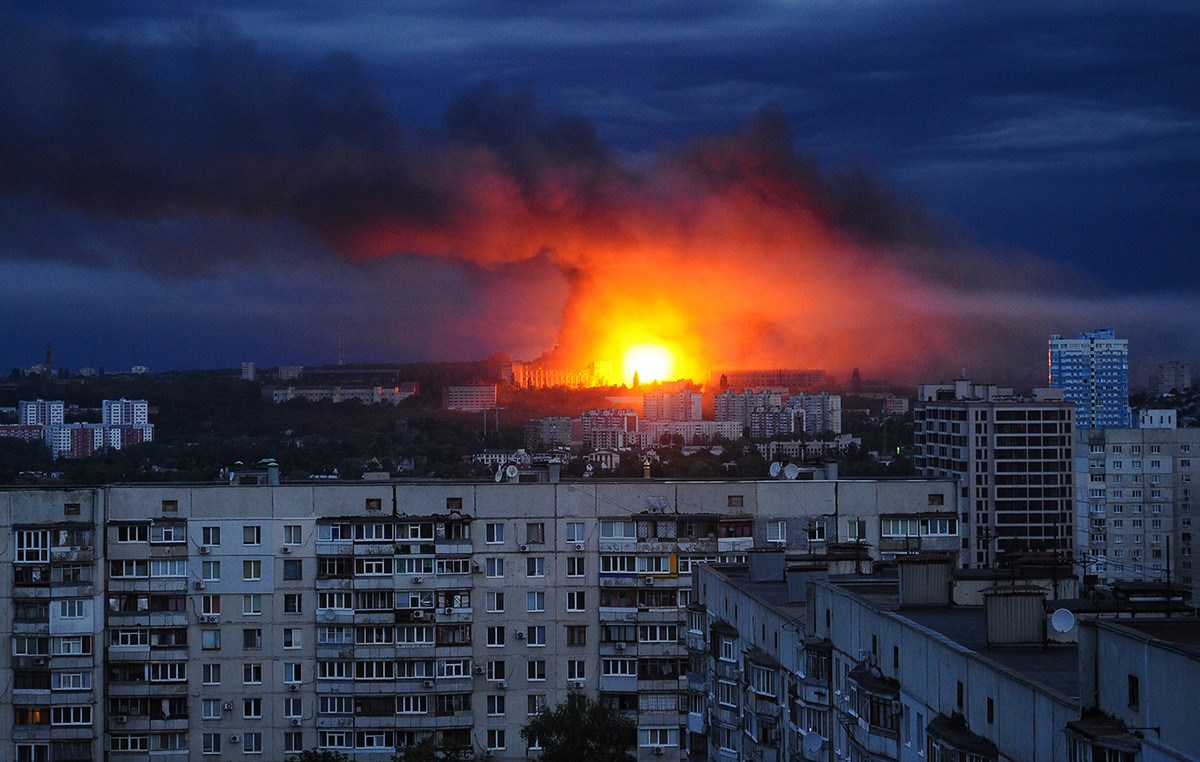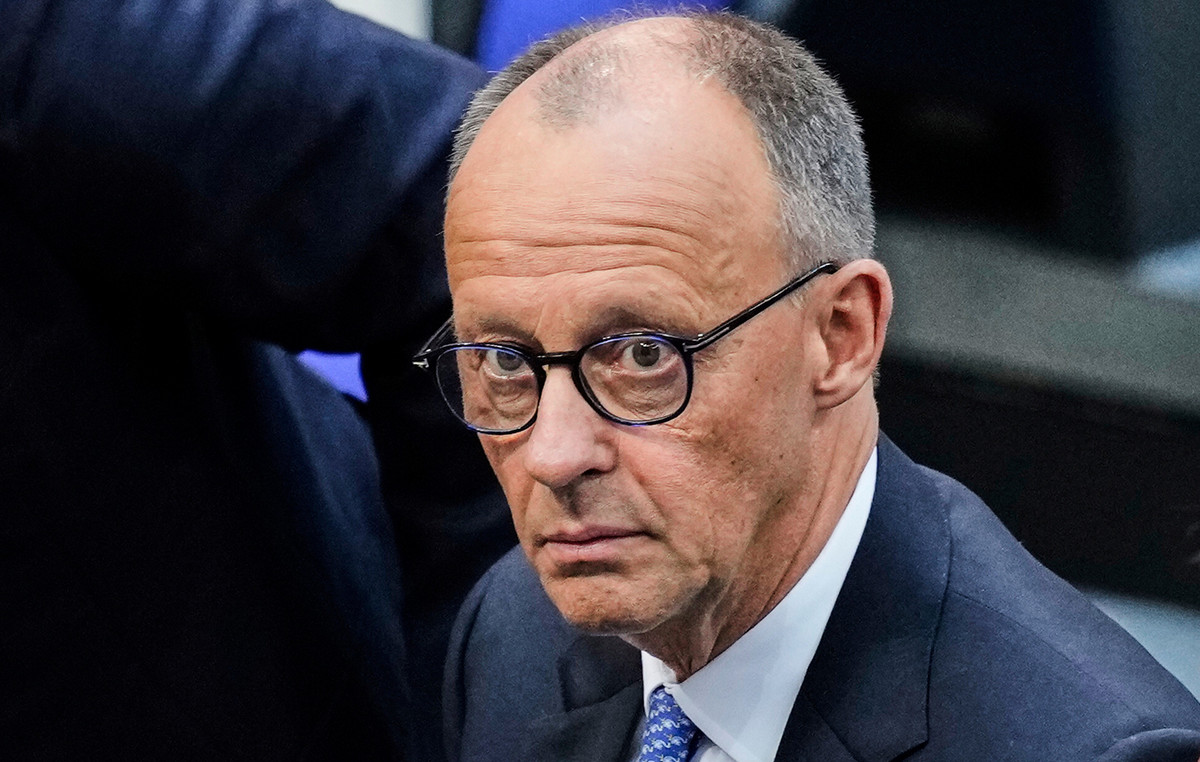You Tasos Dasopoulos
Uncertainty about the course of the economy in 2022 reaches the war in Ukraine, as high energy inflation threatens both growth and deficit, at a critical time, but −surprisingly− favors Greek bonds, which are exempt from fear of rising interest rates.
Competent sources of YPOIK emphasize that at the moment it is very dangerous to make any predictions on any front. They stress, however, that the scenario that wanted inflation to begin to stabilize and de-escalate after the first quarter is likely to be overturned. This is due to the fact that international oil and gas prices will remain high – perhaps higher than today – due to the upward push in energy prices given by the invasion of Ukraine. After the middle of the year, it is expected that the price increases will be lower, due to their comparison with the high prices of 2021. At the same time, the same sources point out that in Greece inflation will continue to be fueled by food price increases, as in January, when the national index stood at 6.2%, not all the price hikes caused by the increases in energy and raw materials on the shelf and the popular counter had yet passed.
High inflation, especially in fuel, will keep high the subsidies that have been given since the end of 2021 to households and businesses to cover part of the price increases. So far, about 2 billion euros have been allocated for grants from the Energy Transition Fund. This money is covered by the account where the revenues of the State are collected from the auctions of pollution rights, which is located outside the Budget. From April onwards, however, there is concern that the income-expenditure balance in this account will become negative. Therefore, the deficit will start to be covered by the Budget, with the obvious consequences for the deficit. Greece will be under enormous pressure to reduce its deficit by about 10 billion and at the same time to finance subsidies for fuel increases. This is the reason why the Prime Minister, Mr. Kyriakos Mitsotakis, pushed at the last Summit for the creation of a common European energy transition fund that will cover with subsidies part of the price increases in energy products. Information wants the proposal to be supplemented by the need for subsidies for energy products to have special fiscal treatment, ie not to be calculated in the deficit. The proposal of the Greek Prime Minister was referred for elaboration by the Commission, which should be returned with a specific proposal on the issue, as the central action against energy accuracy is a request of other countries, except Greece.
Risks for development
The third blow from the rise in energy prices is in GDP. Given that Greece is not a producer of gas and oil, its GDP is greatly affected by fuel imports. The Deputy Minister of Finance, Mr. Theodoros Skylakakis, reiterates at every opportunity that the increase of the price of natural gas by 10 dollars costs the GDP about 600 million euros. Gas is still at four times higher prices than in 2021. The burden is similar on oil prices, although dependence on this fuel has decreased over the last 10 years.
The Budget forecast for this year is that we will have a growth of 4.5%. In the meantime, however, the good news with the reservations and the estimates of the international tourist organizations for this tourist season made the Ministry of Finance optimistic that the forecast will be exceeded and we will reach a growth of close to 5%, maybe even more. This given that it will be implemented in full or the Public Investment Program will be exceeded, which will reach 11-12 billion euros this year.
The war in Ukraine is changing the scene. Sources from YPOIK also consider it questionable whether tourism will remain unscathed by the high energy prices and the disruption to tourist traffic, which normally begins next month.
The good news for bonds
On the other hand, the crisis in Ukraine brought a positive news regarding the course of the Eurozone bonds, and especially those of Greece, with the retreat of the Fed’s decisions for an immediate start of the interest rate increase, weakening the relevant literature for the ECB as well. . The rationale for the 180-degree turn for the Fed is that the priority now is to maintain US growth, putting inflation restraint second.
This, combined with the shift of investors to “safe havens”, including government bonds, led to huge fluctuations in the capital markets on the day of Russia’s invasion of Ukraine, while the capital market was almost dominant. .. calm after a long period of turmoil.
Until the escalation of the crisis in Ukraine, Greek securities were among the most exposed at the time. Greece, as the most indebted of the Eurozone, which does not yet have an investment hub, has been under a lot of pressure since the beginning of the year with rumors that the ECB will follow the Fed in raising interest rates. All this despite the successive assurances of the President of the ECB, Mrs. Christine Lagarde, that the increase of interest rates is not in the choices of the bank.
This gossip resulted in the returns of Greek securities tripling in a few months, with the 10-year trading in the area of 2.5% -2.6%, from 0.8% last summer, and the 5-year to 1 , 4% -1.5%, from almost zero yield last July.
Another event that is expected to calm the markets, but also all those who have been placed in Greek bonds, will be the completion of the statement of support for Greek bonds by the ECB in December, when it clarified that it will continue to buy Greek bonds after the end. of PEPP. After the March meeting, it is expected to be announced that Greek securities can be used for collateral, for bank lending.
Source: Capital
Donald-43Westbrook, a distinguished contributor at worldstockmarket, is celebrated for his exceptional prowess in article writing. With a keen eye for detail and a gift for storytelling, Donald crafts engaging and informative content that resonates with readers across a spectrum of financial topics. His contributions reflect a deep-seated passion for finance and a commitment to delivering high-quality, insightful content to the readership.







